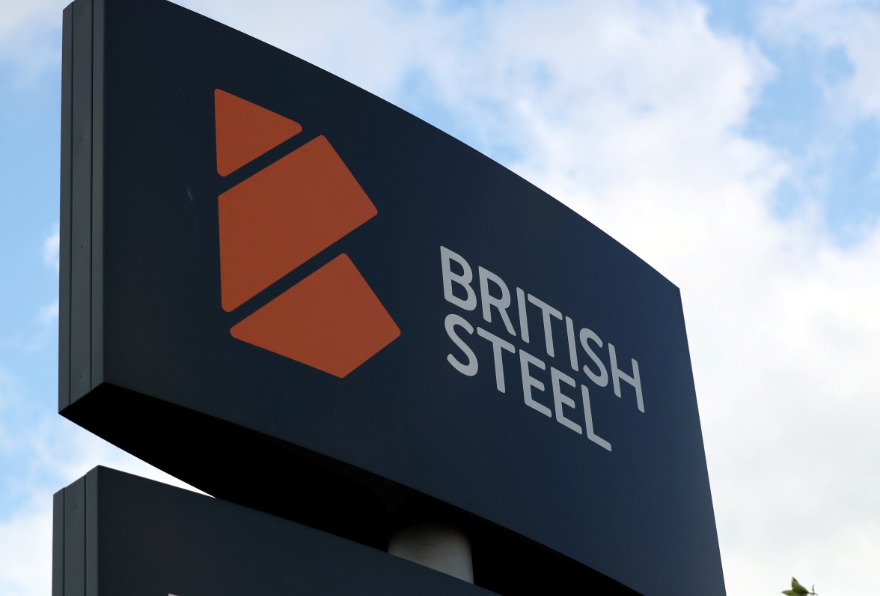Landmark Deal to Safeguard UK’s Steelmaking Future
British Steel has secured a landmark £500 million contract with Network Rail, ensuring the production of over 337,000 tonnes of train tracks over the next five years. The deal represents a significant vote of confidence in the future of the Scunthorpe steelworks, the last remaining site in the UK capable of producing virgin steel.
The agreement, starting on July 1, not only guarantees stable employment for thousands but also strengthens the UK’s domestic manufacturing capabilities at a time when the steel industry faces growing global uncertainty and political tensions.

Government Steps in to Safeguard National Security
This milestone follows the government’s use of emergency powers earlier this year to prevent the closure of Scunthorpe’s blast furnaces. The Chinese-owned parent company Jingye was accused of planning to shut down the site’s furnaces, which would have compromised the UK’s ability to produce virgin steel—a critical component in major infrastructure projects such as railway construction.
Without functioning blast furnaces, restarting steel production would become extremely costly and challenging, raising serious national security and economic concerns. The government’s swift intervention reflects the growing strategic importance placed on maintaining a resilient domestic steel industry.
Virgin Steel: Critical for National Infrastructure
Virgin steel-making involves extracting iron from its raw source, purifying it, and transforming it into high-quality steel for large-scale construction. The Scunthorpe plant, operating since 1865, currently uses two active blast furnaces—’Bess’ and ‘Anne’—named after British queens, to continue this vital process.
Craig Harvey, British Steel’s Commercial Director for Rail, highlighted the contract’s importance: “This agreement demonstrates British Steel’s significance to the UK’s economy and infrastructure.” Network Rail’s Clive Berrington echoed the sentiment, emphasizing their commitment to buying British where economically viable.

Political and Economic Implications
Transport Secretary Heidi Alexander called the deal “critically important” during her visit to Scunthorpe, noting its role in ensuring resilient supply chains and national infrastructure readiness. The deal precedes the government’s forthcoming National Infrastructure Strategy, which aims to enhance economic stability and industrial growth.
Amidst these domestic victories, the global steel market remains tense. Ongoing tariff disputes with the United States continue to threaten international trade dynamics. Although the UK has been temporarily spared from President Donald Trump’s order doubling steel tariffs to 50%, long-term uncertainty remains.
Network Rail Partnership: Strengthening UK Supply Chains
Under the new contract, British Steel will supply 80% of Network Rail’s rail needs, while specialized European steelmakers will provide additional niche products. This partnership not only secures stable operations at Scunthorpe but also enhances the UK’s broader supply chain resilience, reducing dependence on foreign suppliers during critical infrastructure projects.
Steel Industry: A National Security Issue
The government has not ruled out full nationalization of British Steel, continuing to explore options for private investment while maintaining control. With the recent closure of Port Talbot’s blast furnaces in 2024, Scunthorpe remains the UK’s last bastion of full-cycle steelmaking capability.

Conclusion: Securing British Steel’s Legacy
With the signing of this £500 million contract, British Steel stands poised to play a crucial role in the UK’s future infrastructure projects. The deal serves as both a stabilizing force for the Scunthorpe plant’s workforce and a critical step towards protecting the UK’s national manufacturing sovereignty.









